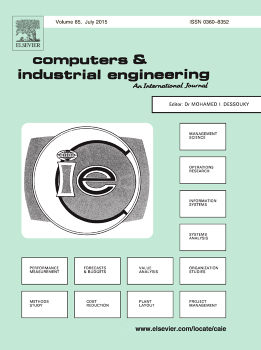Payment models for projects
New publication:
Payment models and net present value optimization for resource-constrained project scheduling
In our most recent publication in the Computers and Industrial Engineering, three payments models for the single- and multi-mode resource-constrained project scheduling problem have been proposed and tested using artificial project data. It is a follow-up study of the master thesis awarded by PMI Belgium.
Abstract: This manuscript focuses on the single– and multi–mode resource–constrained project scheduling problem with discounted cash flows (RCPSPDC and MRCPSPDC) and three payment models. The contribution of the paper is twofold. First, we extend a new scheduling technique, which moves activities in order to improve the project net present value. This more general version is applicable to multiple problem formulations and provides an overarching framework in which these models can be implemented. The changes in activity finish times take other activities and the possible changes in the finish times of these other activities into account, by forming a set of activities which is subsequently moved in time. The scheduling technique is implemented within a genetic algorithm metaheuristic and employs two penalty functions, one for deadline feasibility and one for nonrenewable resource feasibility. Second, we test the proposed approach on several datasets from literature and illustrate the added value of each part of the algorithm. The influence of data parameters on the project net present value is highlighted. The detailed results provided in this paper can be used as future benchmarks for each of the six models discussed.
Click on the picture to download the PDF from the journal website
Cite as: Leyman, P. and Vanhoucke, M., 2016, "Payment models and net present value optimization for resource-constrained project scheduling", Computers and Industrial Engineering, 91, 139–153 (doi:10.1016/j.cie.2015.11.008).

